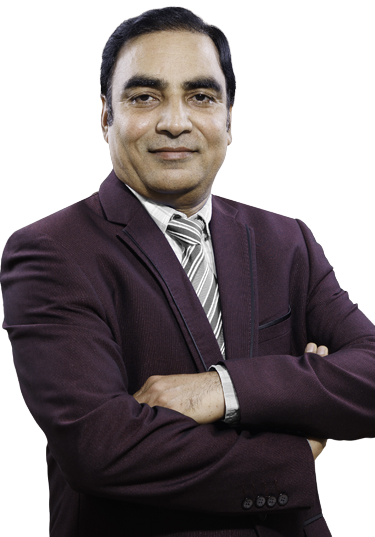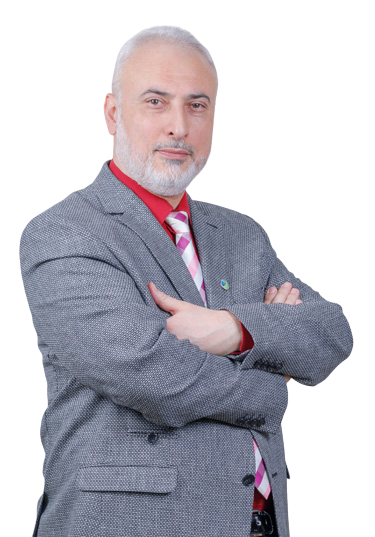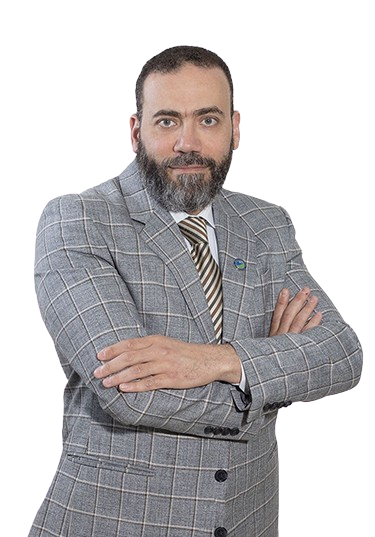Here are a few common myths about LASIK, and the actual facts:
Myth: LASIK is painful.
Fact: Numbing eye drops are used to keep your eyes comfortable during LASIK, which takes only about 15 minutes for both eyes. You will feel some pressure briefly during creation of the corneal flap, but laser reshaping of the eye is pain-free. If you are anxious before your procedure, your surgeon can give you a mild sedative to help you relax.
Myth: You can go blind from LASIK surgery.
Fact: LASIK affects only the front surface of the eye, serious complications are rare, and no one has ever gone blind from LASIK surgery.
Myth: If you have a poor outcome from LASIK surgery, nothing can be done to fix it.
Fact: More than 95 percent of LASIK patients are satisfied with their outcome. If your results are unsatisfactory, there are a number of treatment options to improve your vision further. Also, possible LASIK side effects such as dry eyes usually are temporary and can be managed successfully.
Myth: LASIK is new, so long-term side effects and complications are unknown.
Fact: Laser vision correction was introduced in the 1980s, and the first treatment performed in the United States occurred in 1987 (more than 25 years ago). Side effects from modern LASIK surgery typically are mild, occur shortly after surgery, and resolve quickly. Significant complications are rare.
Myth: LASIK corrects only nearsightedness; it cannot correct farsightedness or astigmatism.
Fact: LASIK can correct all common refractive errors (nearsightedness, farsightedness and astigmatism). If you have severe refractive errors, other refractive surgery options are available.
Myth: A successful LASIK surgery means you will never need eyeglasses or contact lenses.
Fact: LASIK does not prevent the progression of normal aging changes in the eyes, so at some point after age 40, you likely will need reading glasses, like anyone else. Also, it's possible you might still need to wear glasses on a part-time basis for specific tasks, such as driving at night.


